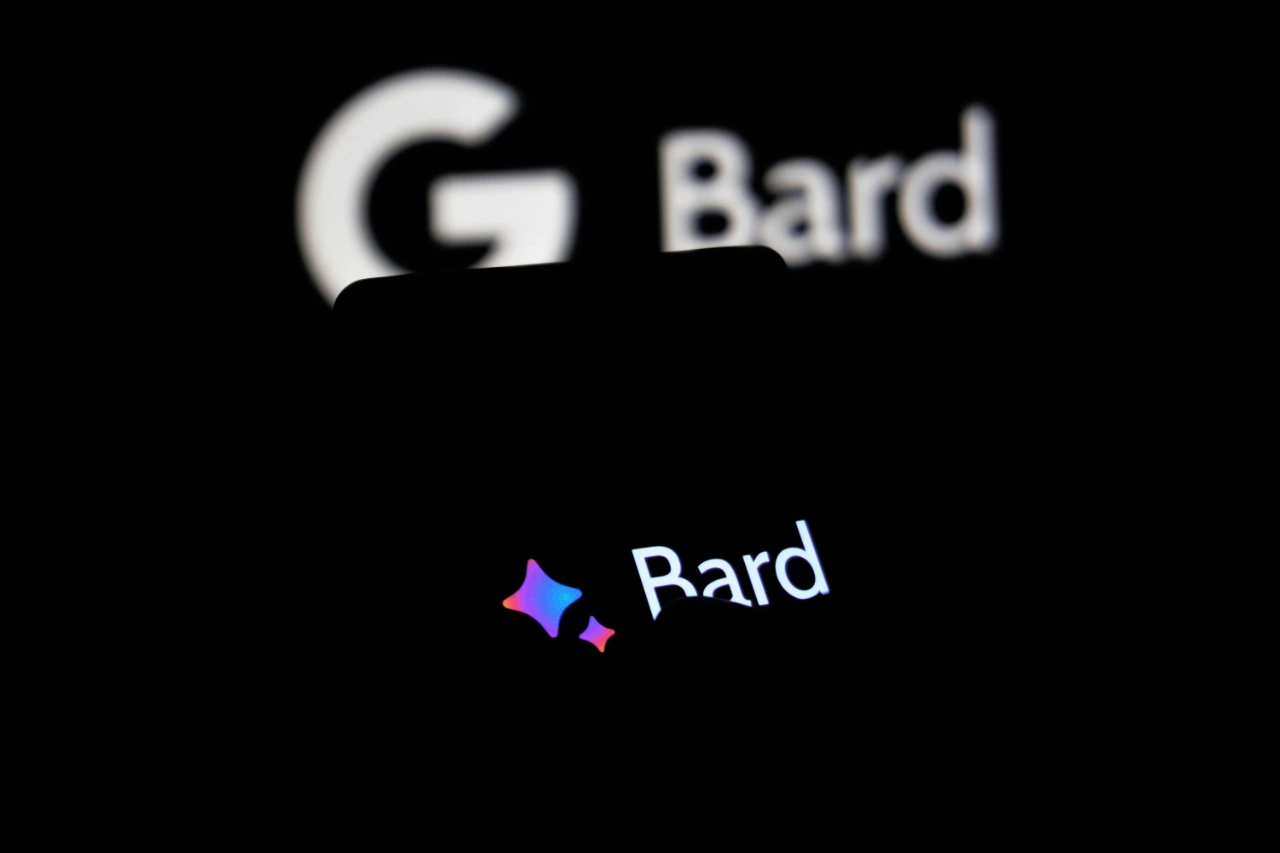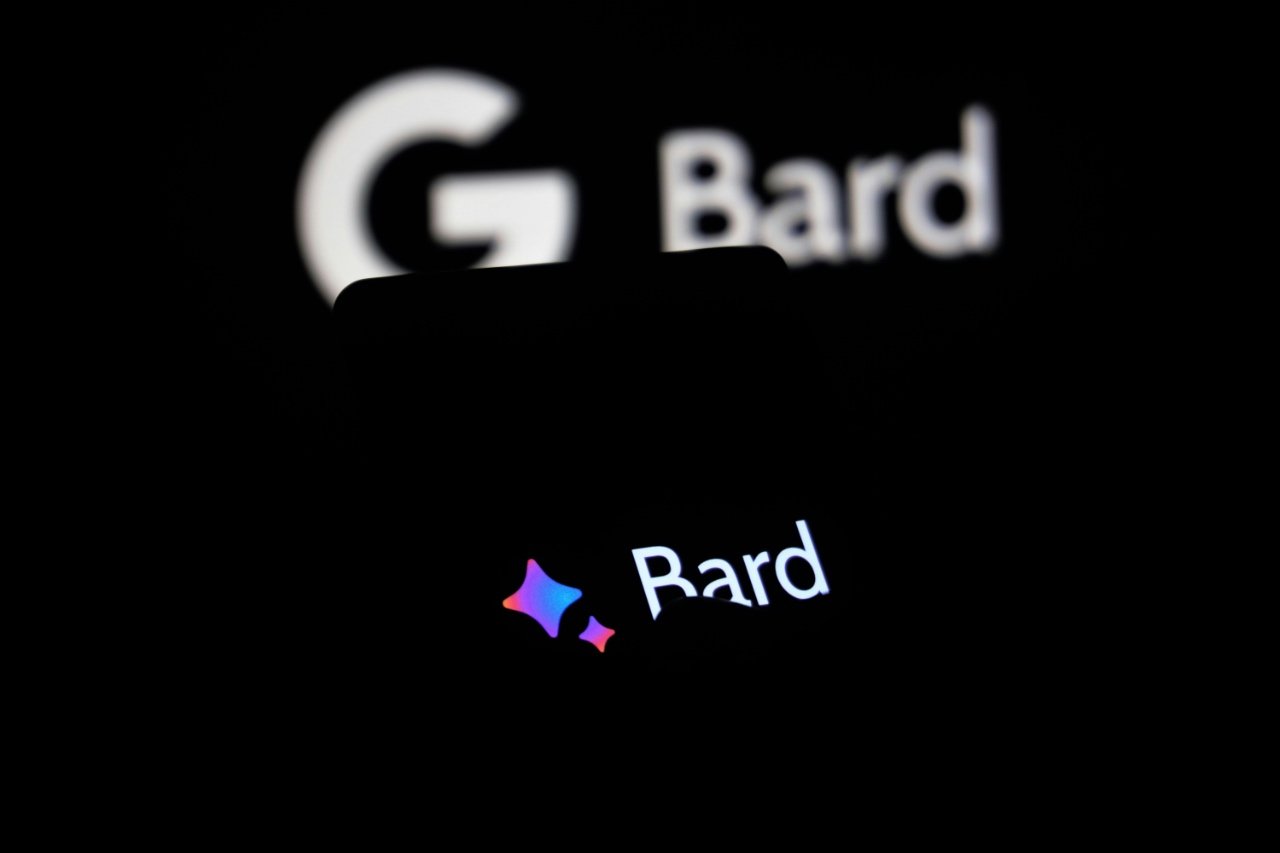
Google Bard, a remarkable large language model chatbot, has emerged as a versatile tool for a diverse range of tasks, from crafting compelling text to translating languages with remarkable accuracy. While its capabilities are impressive, maximizing its potential requires a strategic approach and adherence to certain best practices. Embracing these guidelines will empower you to harness Bard’s true potential and achieve your desired outcomes.
1. Clarity of Instructions: The Cornerstone of Effective Communication
When interacting with Google Bard, the precision and explicitness of your instructions play a crucial role in determining the effectiveness and precision of the responses you receive. To ensure that Bard operates at its optimal capacity, it is essential to formulate your requests with as much specificity and detail as possible. This approach will significantly enhance the relevance and accuracy of Bard’s output. For instance, rather than presenting Bard with a vague and open-ended task such as “Write a poem,” it is far more effective to provide a detailed and narrowly scoped prompt.
An example of such a directive could be “Craft a poem centered on the theme of love, ensuring that it encapsulates the essence of affection within a structure of no more than 15 lines.” By doing so, you guide Bard to not only focus on a specific subject but also to adhere to a set structural limitation, which in turn can yield a more targeted and eloquent composition.
2. The Guiding Power of Keywords: Unleashing Bard’s Focus
Keywords act as pivotal navigational tools, directing Bard’s focus and analytical capabilities toward the precise subject matter you are interested in. They are the critical elements that signal and define the scope of your inquiry. When delving into the rich and diverse culinary landscape of New York City, the inclusion of carefully chosen keywords becomes essential. By integrating terms such as “dining,” “cuisine,” “Manhattan,” along with perhaps “gourmet,” “restaurants,” and “New York City hotspots,” you effectively channel Bard’s expansive knowledge base towards generating information that is not only pertinent but also tailored to your specific interests.
This strategic use of keywords can refine Bard’s search parameters, ensuring that the resulting recommendations are finely tuned to offer you a selection of dining experiences that align with your culinary curiosity, whether you’re seeking high-end eateries, hidden gems, or culturally iconic food establishments within the bustling borough of Manhattan.
3. Style Specificity: Shaping Bard’s Creative Output
In the realm of creative text generation, such as poetry or storytelling, providing clear style guidelines is essential. To evoke the essence of Shakespearean sonnets, instruct Bard to “craft a poem in the style of Shakespeare, capturing the essence of love’s timeless beauty.”
Similarly, when the objective is to create a narrative steeped in the atmospheric tension and psychological intrigue that Stephen King is renowned for, one must guide Bard with a prompt that encapsulates these elements. A detailed instruction could be, “Conjure a narrative that weaves together elements of suspense, the supernatural, and the macabre, in a manner reminiscent of Stephen King’s compelling prose.” By specifying the tone, thematic elements, and the type of suspenseful storytelling synonymous with King’s oeuvre, you effectively set the stage for Bard to craft a tale that pays homage to the unique voice and dark imagination of one of the masters of horror and suspense literature.
4. The Value of Examples: Illuminating Bard’s Understanding
Providing Bard with illustrative examples acts as a powerful aid, shedding light on your anticipated outcomes and fostering a deeper understanding of your requirements. This method of communication is particularly effective when you are seeking assistance with tasks that require a nuanced approach, such as drafting written correspondence. When you are in need of an email draft, it is highly beneficial to present Bard with a sample of an email that you have previously composed.
This sample serves as a concrete reference point, offering Bard a clear template of the tone, style, and substance that you are aiming for in your communication. By examining the structure of your example email, the language used, and the way the message is conveyed, Bard can discern the level of formality or informality, the directness or subtlety, and the specific kind of information that should be included. This, in turn, enables Bard to generate a draft that closely aligns with your personal or professional voice, ensuring that the final product resonates with the intended recipient in the manner you envisage.
5. The Art of Probing Further: Unveiling Deeper Insights
Do not shy away from probing further with additional inquiries; such a practice is not merely beneficial but encouraged. Bard is designed to excel in interactive exchanges, and it is through this iterative process of question and response that you can sharpen your comprehension and unearth further layers of knowledge. Engaging Bard in a continuous conversational flow allows you to clarify ambiguities, explore various facets of a topic, and connect dots that may not have been immediately apparent.
By posing follow-up questions, you create a dynamic that pushes beyond the surface, encouraging Bard to delve into the depths of its vast repository of information. This can lead to a more nuanced understanding, revealing subtleties and complexities that a single round of questioning might not uncover. It is in the back-and-forth of dialogue that Bard can truly demonstrate its capacity to assist, guide, and inform, helping you to arrive at a more rounded and thorough grasp of the subject at hand.
6. Feedback: Nurturing Bard’s Growth
By providing feedback through likes or dislikes, is a vital component in the iterative learning process of Bard. Each piece of feedback you provide acts as a valuable data point, informing and refining Bard’s algorithms and its comprehension of your unique preferences and expectations. This interactive feedback loop is essential, as it guides Bard in calibrating its responses to better align with your tastes and requirements over time.
When you endorse a response with a ‘like,’ you signal to Google Bard that it has met or exceeded your expectations, effectively reinforcing the behaviors and patterns that led to that successful outcome. Conversely, when you mark a response with a ‘dislike,’ you provide a critical cue that something in Bard’s reply did not resonate or align with your needs, prompting it to adjust its approach in subsequent interactions. Through this nuanced feedback mechanism, you contribute significantly to Bard’s ongoing development, ensuring that its future responses are increasingly personalized and relevant to your specific informational and conversational needs.
7. Acknowledging Limitations: Embracing Realistic Expectations
Despite the impressive array of functionalities that Google Bard offers, it is imperative to maintain an awareness that it remains a work in progress. As with any evolving technology, there are bound to be moments where Bard might not fully grasp the nuances of a query or may provide information that isn’t quite spot-on. These instances, while not the norm, are part of the developmental journey of any sophisticated AI system.
It is in these moments that patience and understanding become crucial. Approaching interactions with Bard with a mindset that is forgiving of errors and open to the occasional need for clarification can greatly enhance the quality of the dialogue. By recognizing that Bard is continuously learning and improving, and by contributing constructively to its learning through clear communication and feedback, you play an active role in its evolution. This collaborative approach helps to create a more effective and efficient exchange, paving the way for Bard to better understand and respond to complex queries in the future, thereby fostering a more productive and satisfying interaction for all users.
8. Embracing the Joy of Exploration: Unlocking Bard’s Versatility
Google Bard extends beyond its practical applications, presenting itself as a delightful conduit for adventure and amusement. It invites you to tap into its potential for creativity and joy by prompting it to perform as a raconteur of humor or as a weaver of stories, drawing upon the rich tapestries of your beloved fictional universes. Encourage Bard to tickle your funny bone by narrating jokes that cater to your sense of humor, or to craft narratives that bring your favorite fictional characters to life in new and unexpected ways.
This can turn your engagement with Bard into a series of enjoyable and enlightening moments, where each interaction is not just an exchange of information but an opportunity for whimsical discovery. Whether it’s through a cleverly constructed pun, a light-hearted anecdote, or an imaginative journey alongside cherished heroes and heroines, Bard has the capacity to infuse your day with a sense of wonder and playfulness, making every interaction an encounter with the unexpected and the delightful.
Additional Tips for Enhanced Utilization:
- Employ complete sentences and proper grammar to ensure clear communication.
- Avoid using slang or jargon, as these may not be readily understood by Bard.
- Before submitting requests, carefully proofread them to eliminate any errors or ambiguities.
- Exercise patience, as Bard may require more time to process complex requests.
By incorporating these best practices into your interactions with Google Bard, you will unlock its full potential, transforming it into a valuable tool for learning, creativity, and even entertainment. As you embark on this journey of exploration, remember that open communication and a willingness to experiment will lead to the most rewarding experiences. We hop[e that you find this guide helpful and informative, if you have any comments, questions or tips, please let us know in the comments section below.
Image Credit: Mojahid Mottakin
Filed Under: Guides
Latest timeswonderful Deals
Disclosure: Some of our articles include affiliate links. If you buy something through one of these links, timeswonderful may earn an affiliate commission. Learn about our Disclosure Policy.

